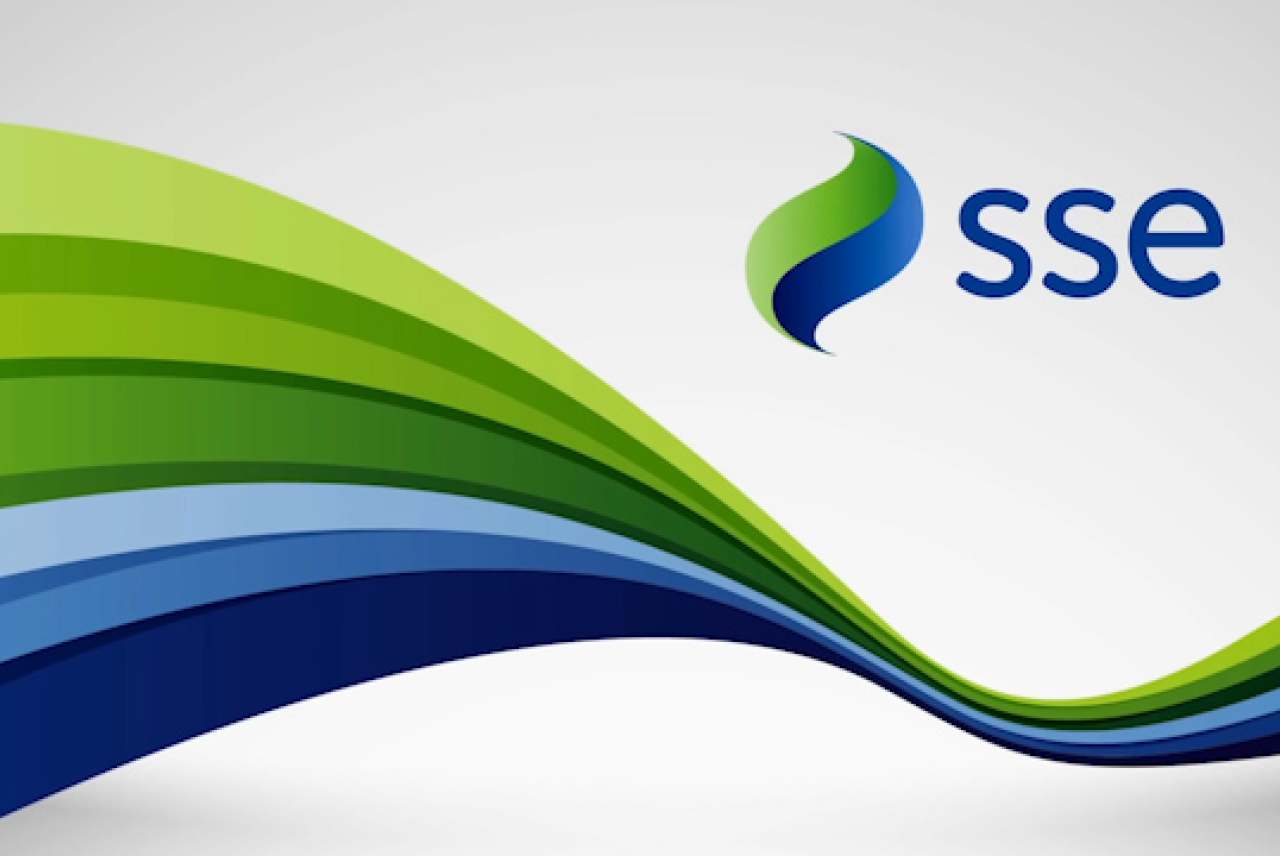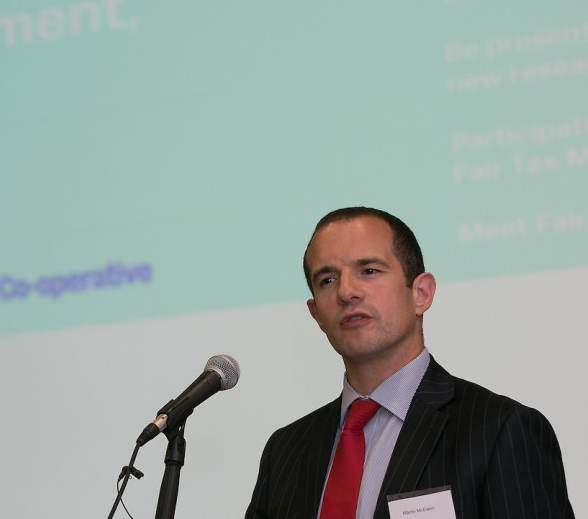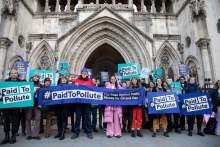Why was it important for your business to seek Fair Tax Mark accreditation?
Stakeholders want comfort that businesses are paying the right amount of tax in the right place at the right time. Fair Tax Mark (FTM) accreditation gives them that comfort.
It is incumbent on us to take a lead in demonstrating responsible taxpayer behaviour. Taxes shouldn't be seen as a penalty on profit. Taxes pay for public services and successful companies and wider society depend on good public services.
SSE employs thousands of people in communities across the UK. We need the communities they work in to be policed and safe; Our growing businesses need employees. We need smart and skilled people, which means a high-quality education system; And, God forbid, if any of us get hurt or are ill, we depend on our health services to get back on our feet again.
Taxes are an appropriate way to share profit with the society that enabled the profit to arise in the first place.
How does tax and tax strategy fit into your overall CSR?
Corporate Social Responsibility was the forerunner to what we now think of as sustainability. Ensuring our business activities are sustainable in the long-run is a driving ethos for SSE. That means our core purpose as a company is to respond to the challenge of climate change by providing low carbon energy.
To do that sustainably we must be commercially successful at the same time as delivering a positive social impact too. That means if we earn profit from our activities – we must pay our fair share of tax. Above all, tax is the centre of the social contract between a business and the society they serve.
Why do you think this type of commitment is lacking in some other businesses?
The Institute of Business Ethics publishes an annual survey of British attitudes towards British business. In recent years, tax has dominated the survey results and its salience is increasing.
A high percentage of the British public cite corporate tax avoidance as the business issue that concerns them most, above things like executive pay, workers' rights and data protection. SSE believes a large number of businesses underestimate the strength of feeling when it comes to responsible taxpayer behaviour.
Do you feel that current tax legislation isn't stringent enough and allows some companies to avoid tax?
This is an area where we have seen real focus in recent years. The Organisation for Economic Cooperation and Development (OECD) has been acting to tackle the extent to which multinational businesses can avoid tax, through its Base Erosion and Profit Shifting (BEPS) initiative. A more coordinated approach by tax authorities in developing consistent standards is welcome because it helps support a level playing field in business markets.
At SSE, we pay close attention to the national and international trends in taxation. We think it is important to understand, not just the initiatives that governments take forward, but the underlying stakeholder concerns being raised and challenges that need to be met.
If you believe – as we do – that the payment of tax by business is the fundamental way in which profitable businesses contribute to the communities and society that enabled their business success, then understanding stakeholder perspectives is very important.
International leadership on tax transparency is also very welcome – we all exist within a global, competitive environment so universal standards are key to ensuring that high standards of transparency are not undermined.
Could you give a brief introduction to what you'll be talking about at the 2019 FTM conference?
I'll be talking about why SSE considers it so important to say what tax you pay with pride. SSE is proud to pay its fair share in tax, because we regard the payment of tax as being a fundamental element of our social contract with wider society.
We also put quite a bit of effort into being as transparent as possible about our tax affairs and the taxes we pay. That transparency is extremely important in explaining why the amount of tax paid by SSE changes, particularly in situations where the amount may have reduced year on year.
Clear articulation of what caused that to be the case is key and making it clear that there was no element of tax avoidance involved.
Fair Tax Week and Fair Tax Mark conference
Fair Tax Week (6-14 July) is a UK-wide celebration of the companies and organisations that are proud to pay their fair share of corporation tax, and an exploration of the positive contribution this makes to society.
The Fair Tax mark annual conference takes place on July 5th 2019 in London. Discover more >









